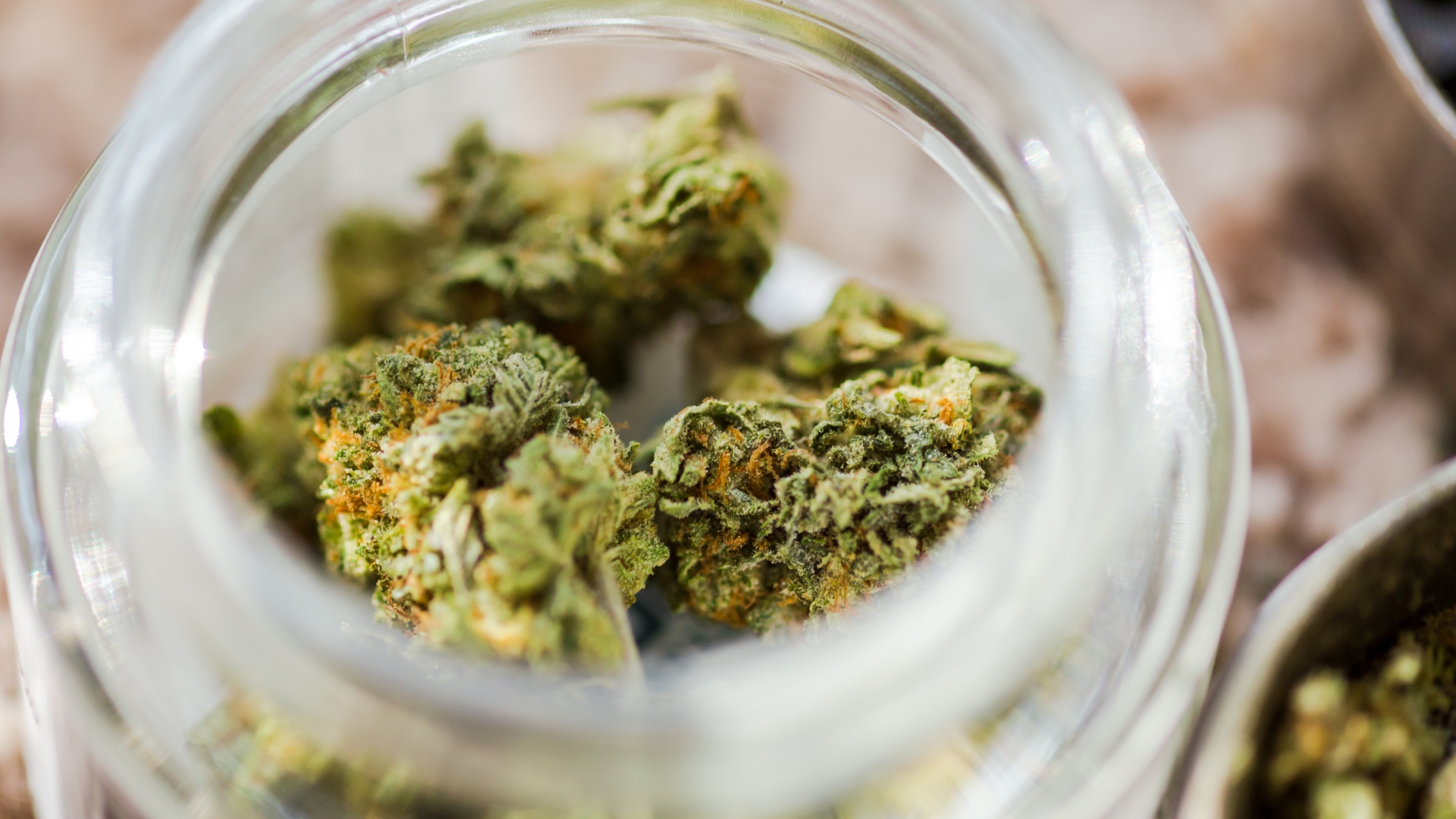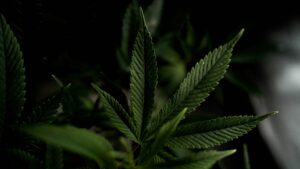As the cannabis industry continues to evolve, new compounds are gaining attention for their unique properties and potential benefits. One such compound is Tetrahydrocannabinolic Acid (THCA), a non-psychoactive cannabinoid found in raw and live cannabis. Despite its rising popularity, the legal landscape surrounding THCA remains complex and varies significantly from state to state. This article aims to provide a comprehensive understanding of THCA, its differences from THC, and its legal status across the United States.
What Is THCA?
THCA is one of the many cannabinoids found in the cannabis plant. Unlike its more famous counterpart, THC, THCA is not psychoactive. It is present in raw and live cannabis but converts into THC when the plant is dried, heated, or exposed to sunlight.
Chemically, THCA shares a similar structure to THC, but it contains an extra carboxyl group. This additional group prevents it from binding to cannabinoid receptors in the brain, thus, it does not produce the “high” associated with THC. However, research suggests that THCA may have its own set of potential therapeutic benefits, including anti-inflammatory, neuroprotective, and anti-emetic properties.
The Difference Between THCA and THC
While THCA and THC originate from the same plant, they have key differences in their chemical structure, effects, and legal status. As mentioned earlier, THCA is non-psychoactive due to its extra carboxyl group. This group is removed when cannabis is exposed to heat or sunlight, a process known as decarboxylation, converting THCA into THC.
The Legality of THCA: A State-by-State Analysis
The legality of THCA varies widely across the United States, with laws differing from state to state. Some states have fully legalized recreational marijuana, others have medical marijuana programs, some have limited CBD programs, and a few still maintain prohibitionist policies. Each of these categories comes with its own set of regulations and restrictions regarding THCA.
States with Legalized Recreational Marijuana
In states where recreational marijuana is legal, THCA is generally also legal. However, the specific regulations and restrictions can vary. For example, in North Carolina, while neither recreational nor medical marijuana is legalized, products sold in the state can closely mirror the effects of marijuana. This is due to the presence of THCA in hemp products, which when smoked, gives users a similar effect to marijuana. All products sold in North Carolina must contain less than 0.3% of Delta-9 THC to be categorized as legal hemp.
States With Medical Marijuana Programs
In states with medical marijuana programs, THCA is typically accepted, but again, the specific conditions and restrictions can vary. It’s important to consult with a healthcare provider or/and medical marijuana consultant to help understand the state-specific regulations.
States with Prohibitionist Policies
In states with strict marijuana laws, the status of THCA is often aligned with the state’s stance on THC. For example, in Texas, THCA is considered legal if the product contains less than 0.3% Delta-9 THC. However, if the product is tested using gas chromatography, a method preferred by law enforcement agencies, it could produce a result of more than 0.3% Delta-9 THC, making it illegal.
Federal Laws and THCA
At the federal level, the Drug Enforcement Administration (DEA) has weighed in on the legal status of cannabinoids like THCA. According to the DEA, if products containing naturally derived cannabinoids contain less than 0.3% Delta-9 THC, they are regarded as legal hemp. If the cannabinoid exceeds the THC limit, it is a Schedule I controlled substance.

THCA and Hemp-Derived Products
Hemp-derived products, including those containing THCA, are subject to regulations by various federal agencies in the United States. The Agricultural Improvement Act of 2018, also known as the Farm Bill, removed hemp from the definition of marijuana under the Controlled Substances Act. Under the Farm Bill, hemp-derived products containing a concentration of up to 0.3% THC are not controlled substances
However, the Food and Drug Administration (FDA) has been cautious about the use of hemp-derived products, including those containing CBD and potentially THCA. The FDA has issued warnings to companies whose products contain more CBD than indicated on the product label
As the popularity of THCA continues to rise, so does the variety of THCA-infused products available on the market. These products offer different ways to consume THCA, each with its unique benefits. Let’s delve into some of the most common types of THCA products.
THCA Pre-rolls
THCA pre-rolls are a convenient way to consume THCA. They are essentially pre-rolled joints that have been infused with THCA, providing a potent and enjoyable experience. They are perfect for those who prefer traditional smoking methods but want to experience the unique benefits of THCA.
THCA Flower
THCA flower is cannabis flower that has a high concentration of THCA. This product can be smoked or vaporized just like regular cannabis flower, providing a familiar method of consumption for many cannabis users. It’s an excellent choice for those who prefer a more natural form of consumption.
THCA Diamonds
THCA diamonds represent one of the purest forms of THCA available. These are crystalline structures that contain a high concentration of THCA, often reaching up to 99% purity. They can be smoked, vaporized, or added to other cannabis products to increase their potency. THCA diamonds offer a potent and versatile way to consume THCA.
These are just a few examples of the types of THCA products available. The exact product offerings will vary depending on the brand and the legal status of cannabis in your area. Always ensure to purchase from reputable sources and stay informed about the regulations in your state.
THCA and Drug Testing
As the precursor to THC, THCA converts to THC when heated in a process called decarboxylation. However, the presence of THCA in your system can have implications for drug testing.
The Potential Impact of THCA on Drug Tests
THCA itself is not psychoactive. However, it can potentially affect the results of a drug test. Most drug tests are designed to detect the presence of THC or its primary metabolite, THC-COOH, not THCA. However, if THCA in your body has been converted into THC, either through the process of decarboxylation or through metabolic processes in your body, it could potentially result in a positive drug test.
Differentiating Between THCA and THC in Drug Screenings
Differentiating between THCA and THC in drug screenings can be challenging. This is because most drug tests are designed to detect THC, not THCA. However, some drug tests may use THCA as a target analyte for marijuana testing.
When THCA goes through the process of decarboxylation, it automatically converts to Delta-9 THC. When D9 is consumed, it converts to THC-COOH, a THC metabolite. Considering most drug tests screen for THC metabolites like THC-COOH, THCA will most likely show up on a routine drug screening.
It’s important to note that the sensitivity of drug tests can vary, and the detection window can depend on several factors, including the amount and frequency of use, the individual’s metabolism, and the specific type of test used. If you are subject to drug testing and are using products that contain THCA, it’s important to be aware of these potential implications.
Key Takeaways
As the cannabis industry continues to evolve, it’s crucial to stay informed about the latest developments, particularly regarding the legal status of various cannabinoids. Always consult with a legal professional and stay updated about the laws in your state before using any cannabis-derived products.
Remember, while THCA presents intriguing possibilities for therapeutic use, its legal status remains complex and varies widely across the United States. Always consult with a legal professional and stay informed about the laws in your state before using any cannabis-derived products.






